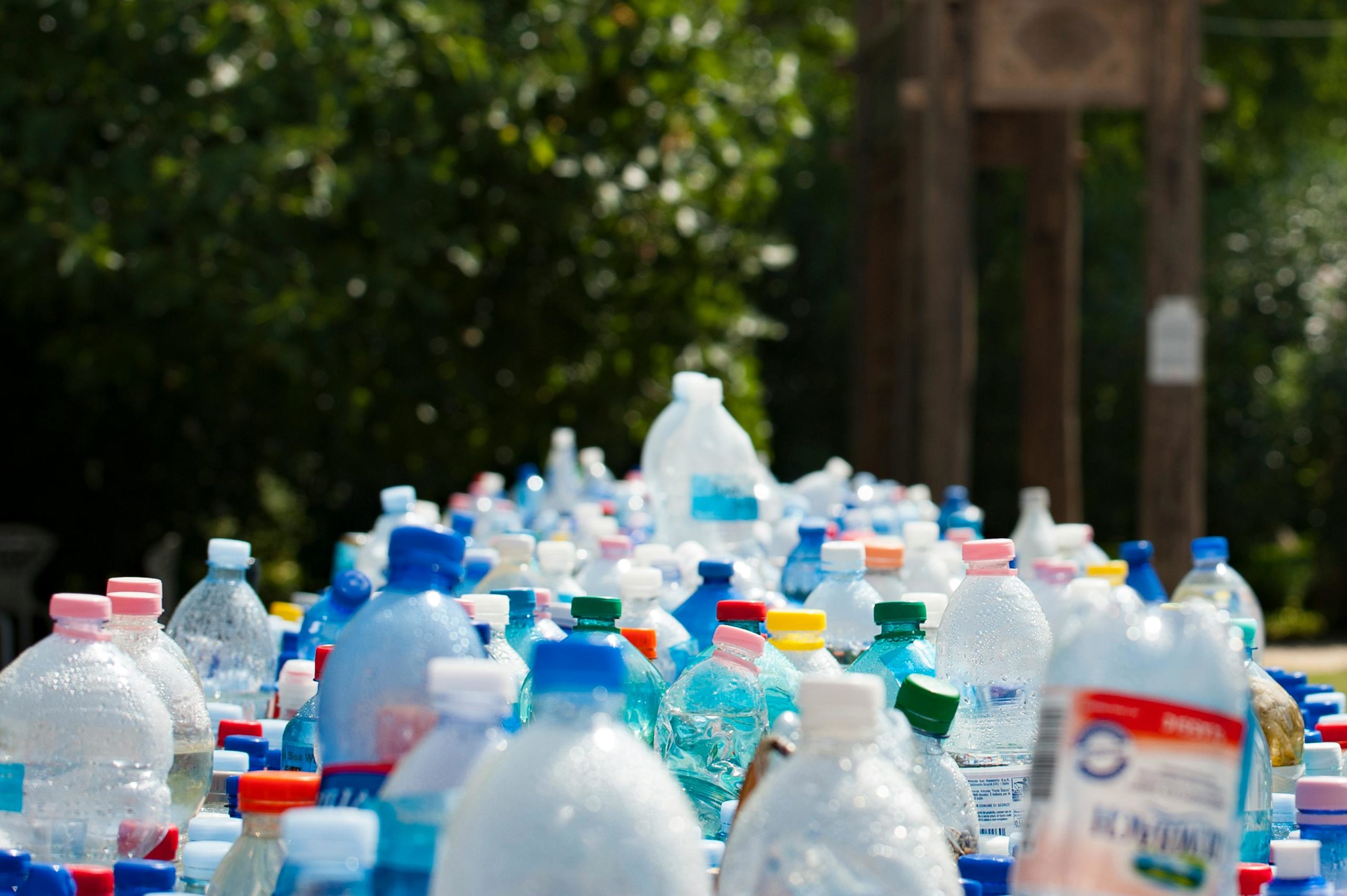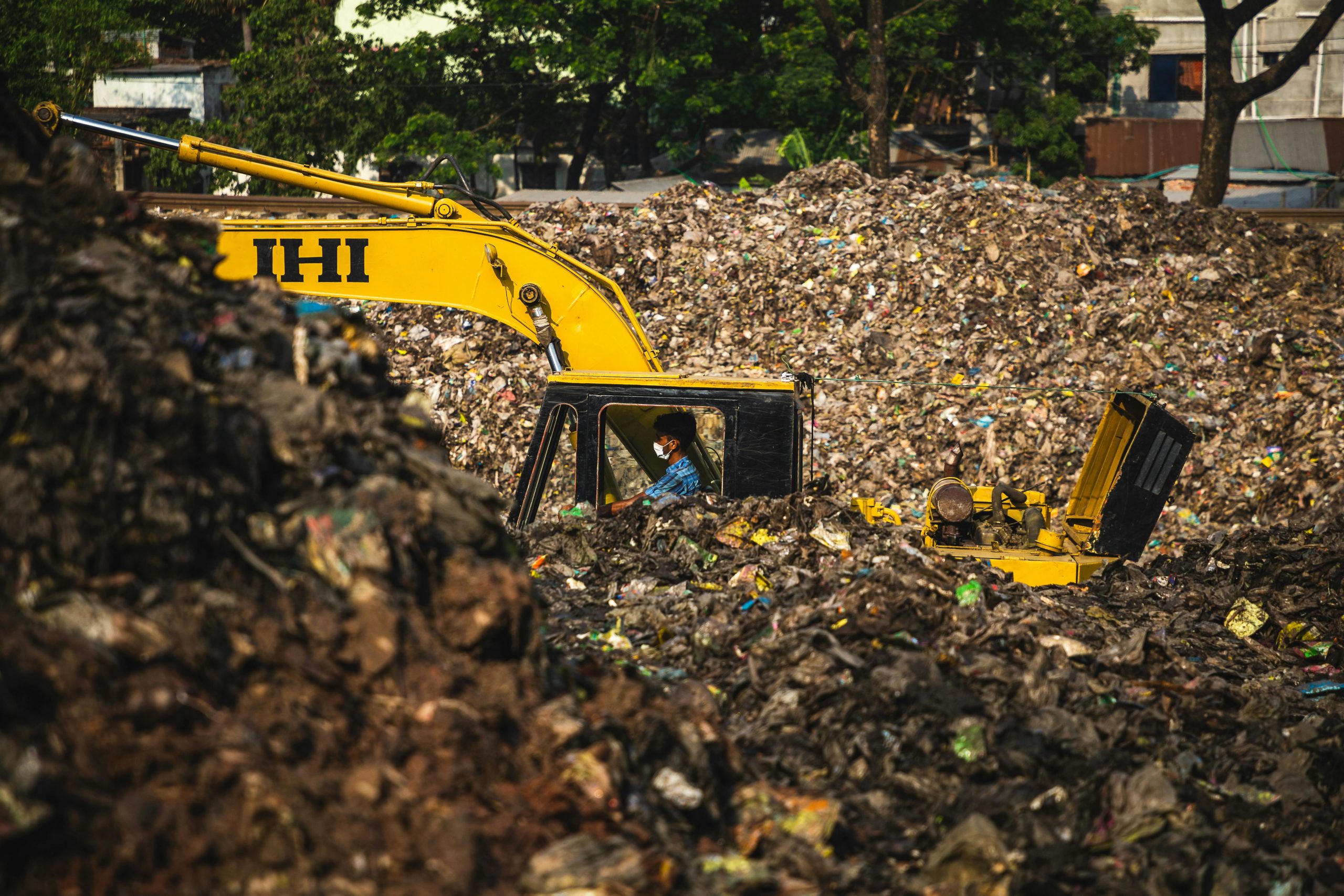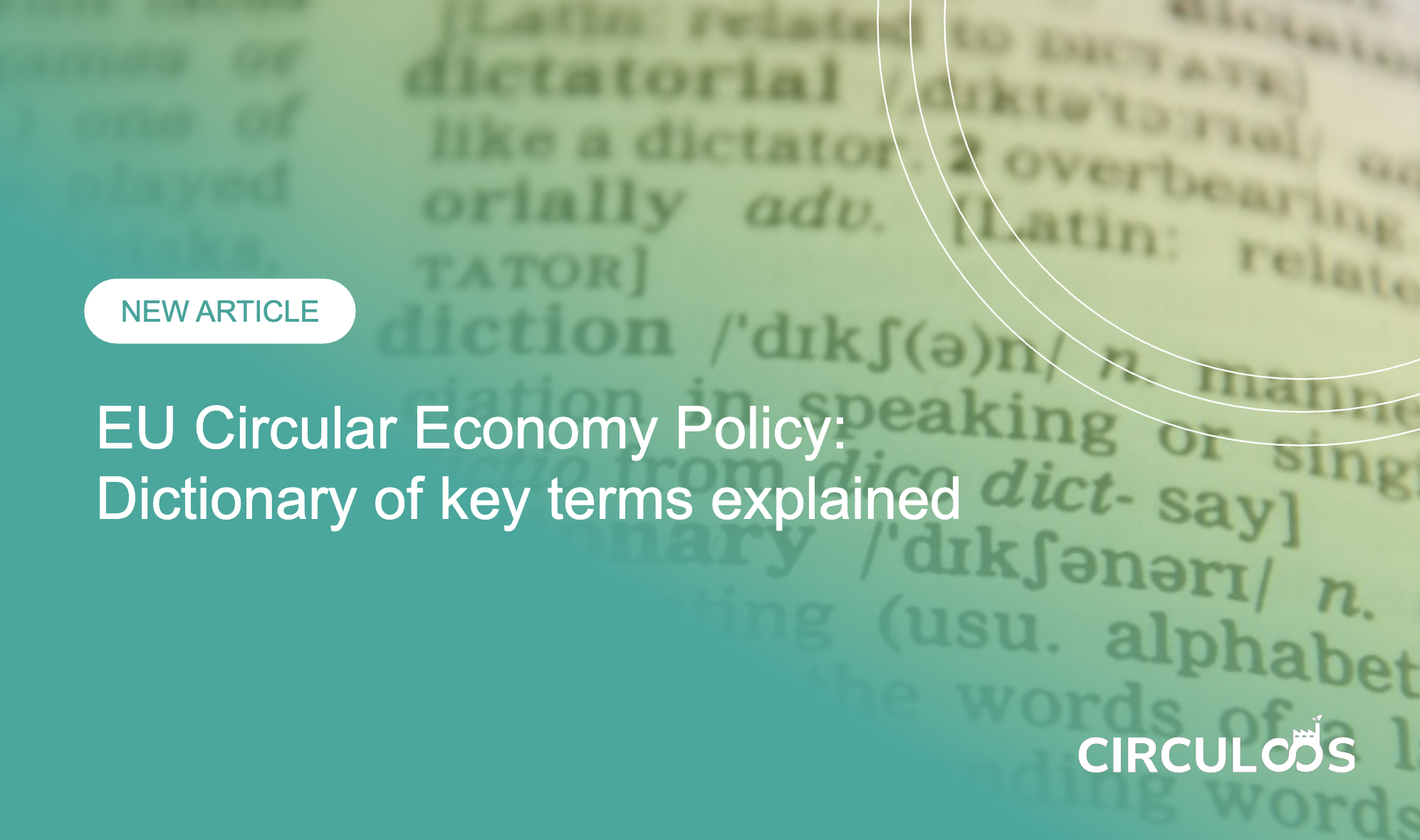The EU adopted the first ever ‘Circular Economy Action Plan ‘in 2015, before updating it with a new version 5 years later in 2020. Since then, every single year has seen multiple new developments that expand or deepen the plan, for example addressing pollution from large industrial installations, adopting proposals on ‘green claims’ and ‘right to repair’, and adopting initiatives on microplastics.
Today’s ‘Circular Economy Action Plan’ (CEAP) is jam-packed with practical strategies that can help manufacturing SMEs transform their entire product life cycle into a circular one. From championing the role of sustainable product design at the very start of the product creation process, to guiding SMEs with ideas like offering their customers repair services or embracing blockchain technologies to ensure transparent supply chains, this plan has a lot to offer SMEs.
While we’ve already outlined the key takeaways from CEAP in our article ‘The Manufacturing SME’s Quick Guide to EU Circular Economy Policies’, there are many new words and terms that founders may find confusing at first glance. For this reason, we’ve created this Dictionary of terminology to help teams get used to reading and talking about these circular economy topics with ease.

Dictionary of Circular Economy key terms
Bio-Based Materials – Materials derived from biological sources, such as plants or microorganisms, used as sustainable alternatives to conventional materials.
Circular Plastics Alliance – An EU initiative to boost the recycled plastics market and reduce dependency on virgin plastic.
Circularity Index – A metric that measures how well an entity (e.g., a company or product) adheres to circular economy principles.
Digital Product Passport – A digital record containing information about a product’s composition, maintenance, and recycling to enhance transparency and circularity.
Ecodesign – The process of designing products with consideration for their environmental impacts throughout their life cycle.
Extended Producer Responsibility (EPR) – Policies that make producers responsible for the entire lifecycle of their products, including post-consumer waste management.
Green Claims – Environmental claims about a product’s sustainability or recyclability. The EU requires substantiated evidence and standardised methods like Product Environmental Footprint (PEF) (below) to prevent greenwashing.
Hazardous Substances in Products – Chemicals that pose risks to health and the environment, targeted for reduction or elimination in circular design.
Industrial Symbiosis – Collaboration between industries to use each other’s by-products or waste as resources.
Innovative Circular Supply Chains – Collaborative networks of businesses working to optimise circular practices like refurbishing, remanufacturing, and repurposing.
Lifecycle Assessment (LCA) – Analysis of a product’s environmental impacts from raw material extraction to disposal.
Material Footprint – The total amount of raw materials extracted to meet an entity’s consumption demands.
Product-as-a-Service (PaaS) – A business model where customers lease or rent a product instead of owning it, with the manufacturer maintaining responsibility for its lifecycle.
Product Environmental Footprint (PEF) – A method for measuring the environmental impacts of products, ensuring consistency and transparency in green claims.
R-strategies – Approaches that promote reuse, refurbishing, remanufacturing, repurposing, and recycling to extend product lifecycles and reduce waste.
Regenerative Growth Model – An economic strategy aimed at restoring and replenishing natural systems instead of depleting them.
Resource Efficiency – Using resources in a way that maximises their utility and minimises waste.
Right to Repair – Legislation granting consumers the right to repair their products, supported by access to spare parts, repair manuals, and services.
Secondary Raw Materials – Recovered materials from waste that can be reused in production, reducing the need for virgin resources.
Urban Mining – The process of recovering raw materials from existing infrastructure, waste, or obsolete products.
Waste Hierarchy – A ranking of waste management options in terms of their environmental impact, prioritising prevention, reuse, and recycling over disposal.

How Circuloos can help your manufacturing SME further
The Circuloos project is dedicated to assisting SMEs in navigating the complexities of the circular economy by offering valuable resources, expert insights, and access to funding opportunities that support the adoption of circular practices.
Our Open Call is the first step for manufacturing SMEs to get involved. By registering, you’ll begin forming Innovative Circular Supply Chains with other businesses across various sectors, such as metal, construction, electrical, furniture, leather, machinery, vehicles, wood, and plastic. Through matchmaking and collaboration, participants can adopt circular practices like refurbishing, remanufacturing, and repurposing. Those who join gain access to resources, matchmaking events, and future funding opportunities, with potential grants of up to €240,000.
Are you ready to take the next step in your circular journey? Explore our Open Call today!




